The next prime minister of the United Kingdom will be chosen over the next couple of weeks by the membership of the Conservative Party. Over the past weeks, we’ve seen the list of candidates whittled down to two, Rishi Sunak and Liz Truss, through a series of television encounters.
Following each of these, Westminster MPs voted to gradually reduce the number to two, with the final decision on the next leader of the country made by the party members. But how was this whittling down process done, and on what basis will the Conservative membership make their choice?
Most party members will not know the two remaining candidates personally, and many of them may never even have seen either of them in person. So the voting is likely to come down to how each of them has performed on television during the debates. But is that really a good way to select a political leader?
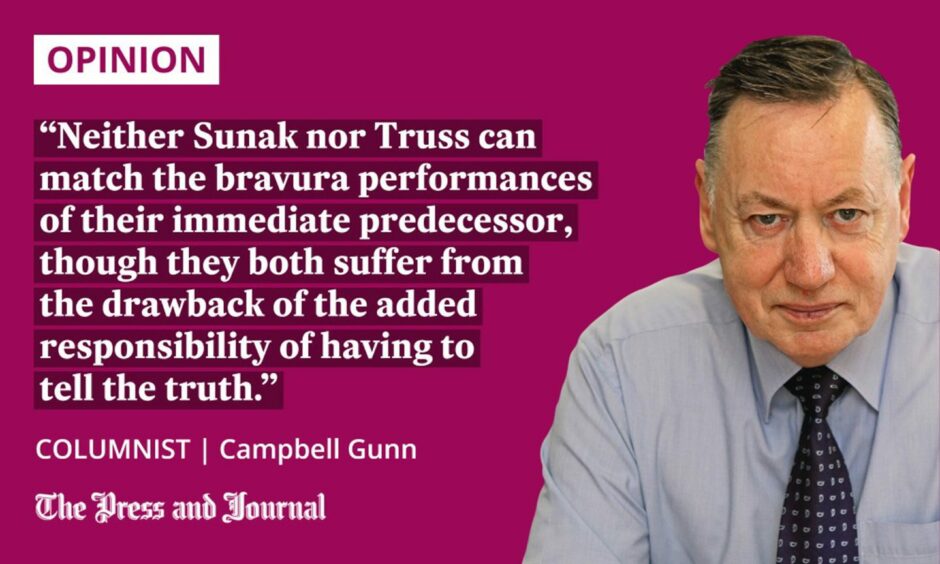
Is the best orator necessarily the best person to run the country? Think of who the finest orators have been over the years. Many would put Adolf Hitler high on that list. But you’d hardly want to see him running your government. Indeed, dictators are often the finest orators, managing by sheer force of personality to persuade people to follow them.
Speeches really can make a difference
I’ve occasionally been asked who made the best speech I heard in my years at the Scottish Parliament. Without doubt, it was one made by Tommy Sheridan during the debate on the Iraq War, which he ended with the plea, “Wake up and smell the oil!” George Galloway is another who has always been an entertaining speaker. But few would expect or want to see either of them with their hands of the reins of power.
Of course, there have been wonderful speakers who have also been excellent political leaders. Winston Churchill is a prime example, though admittedly not everyone’s cup of tea. From history, Abraham Lincoln’s Gettysburg Address still stands the test of time, and Martin Luther King’s “I Have a Dream” speech is one of the most moving I have ever heard.
To return to the current Conservative vote, it’s worth remembering that David Cameron was trailing in the Tory Party leadership contest in 2005 until he made a brilliant speech without notes at the party conference that year. But did he turn out to be a great Prime Minister? Speeches really can make a difference. Margaret Thatcher was never a great orator. Instead, she had good speech writers, who fed her good lines, such as “You turn if you want to. The lady’s not for turning.”
However, the important question still remains. Are the best speakers always the best politicians? After all, a political leader’s real job, once in power, is mainly administrative, trying to run the country as best he or she can. Labour’s Clement Atlee was a far better administrator than speaker and managed to implement far more of Labour’s policies than any other, either before or since. Neither Harold Wilson nor John Major were particularly good orators, yet Wilson won three General Elections and Major won in 1992 against all the odds, when most expected him to lose.
Judge leaders on how well they can run country
Looking at the current Scottish Parliament, while there are some competent speakers, none has the oratorical power of Alex Salmond or Ruth Davidson in full flow. And in the Conservative Party leadership contest, neither Sunak nor Truss can match the bravura performances of their immediate predecessor, though they both suffer from the drawback of the added responsibility of having to tell the truth.
But should it matter? At Holyrood, Nicola Sturgeon has proved an excellent leader and administrator without matching the Salmond eloquence. And at Westminster, how many Conservative MPs privately wish they’d settled for the relative boredom of a Theresa May government instead of handing things over to the chaos of her successor?
I have no personal preference in the current Conservative leadership race and frankly, neither of them inspires me with any particular confidence. Indeed, I can think of several other Tory MPs I would consider far better bets as potential PMs. For one reason or another though none of them entered the fray this time around.
It’s time we stopped paying so much attention to speech-making and how this or that person performs on television, and instead judge our leaders on how capable we think they may be at actually running the country.
Campbell Gunn is a retired political editor who served as special adviser to two First Ministers of Scotland
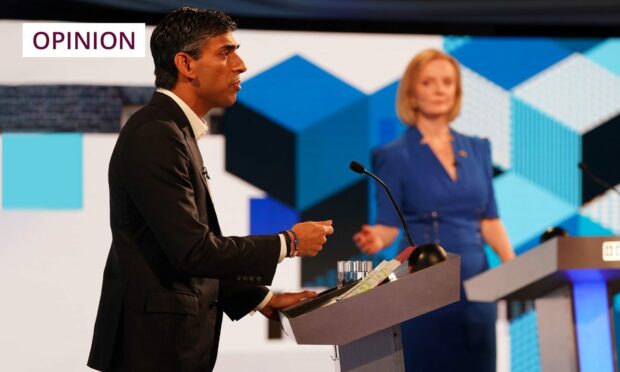
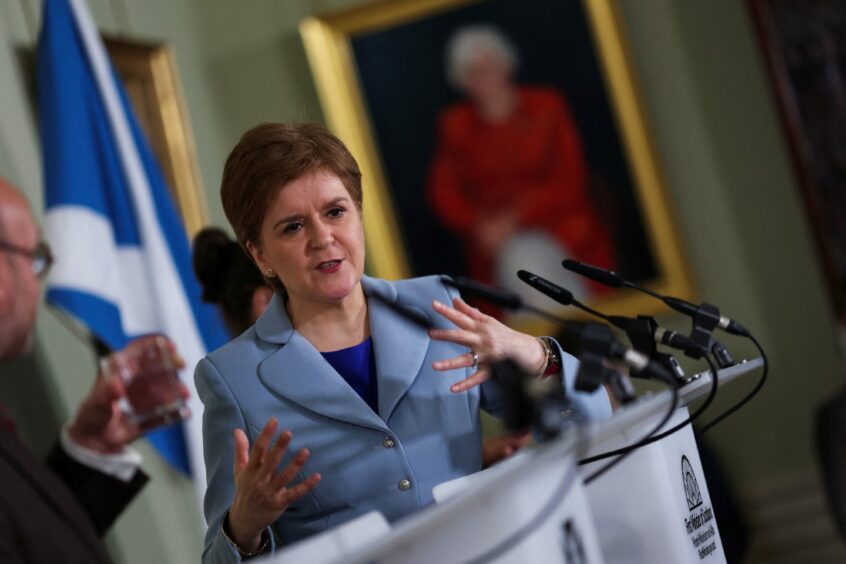
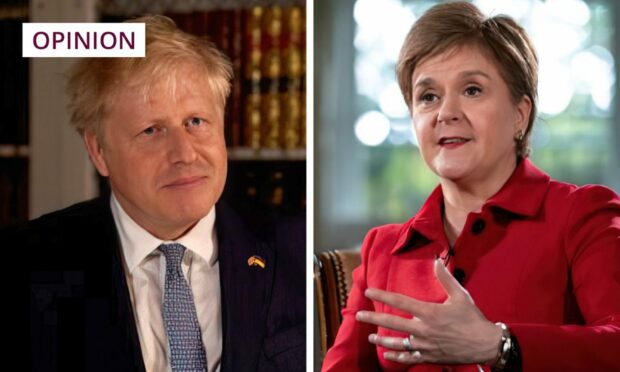
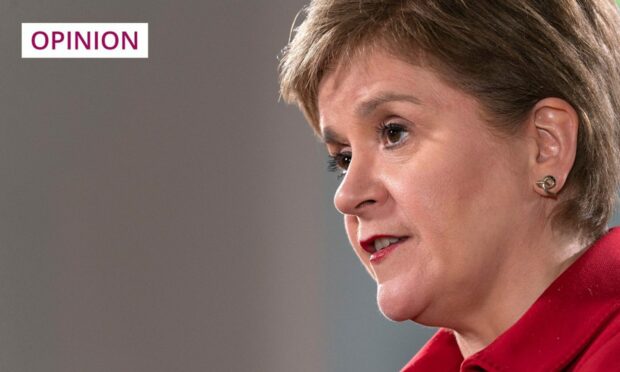
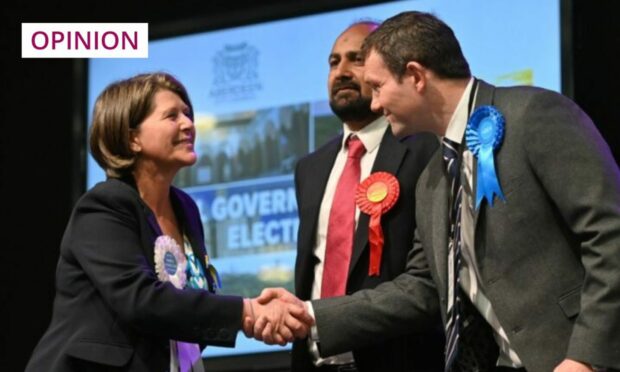

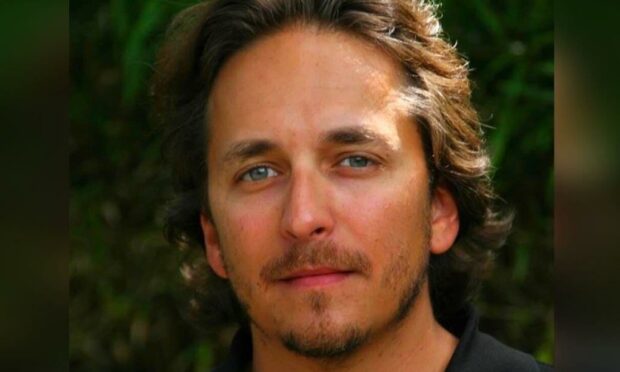
Conversation